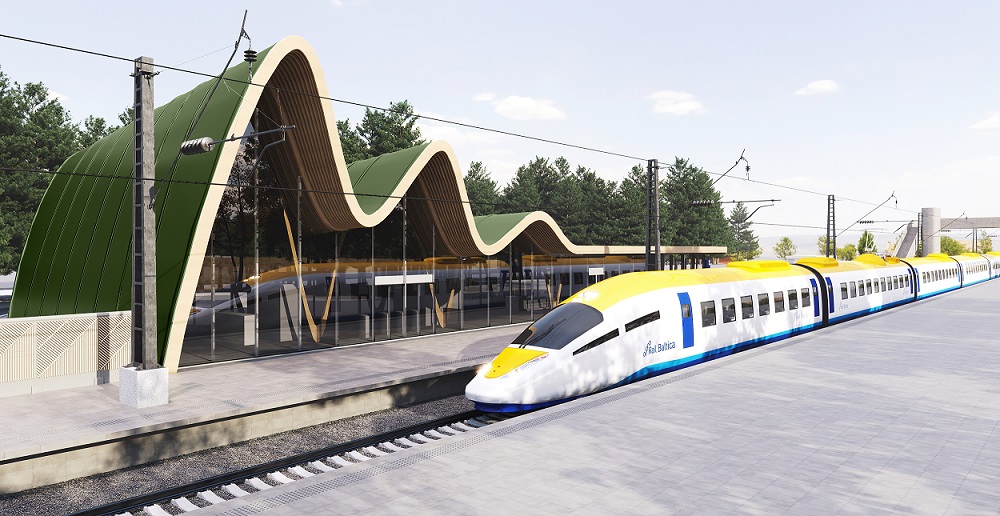RB Rail has signed a contract amounting to 194,250 euros, with an international consortium led by a Ramboll and consisting of Gottlieb Paludan Architects, Soini&Horto Architects, Realidea Ltd., and Ardenis Consult. A report is expected at the end of 2021.
"The study, supported by engagements with relevant key stakeholders, aims to generate a comprehensive set of recommendations on how to develop the seven Rail Baltica international stations – Tallinn Ülemiste, Pärnu, Riga Central, Riga International Airport, Panevėžys, Kaunas and Vilnius – transforming multimodal connectivity and serving as important development engines in their immediate urban environments and beyond," RB Rail said in a release.
"The study will build on international best practice benchmarking of some of the most successful European and global multimodal transport hubs to understand the key factors which drive the creation of socio-economic value across all key dimensions: spatial, functional, commercial, operational and governance – both inside the stations and in their immediate urban environments, as well as the wider mobility-oriented development ecosystem. The study shall also consider and analyse any existing development plans/initiatives, both public and private, in and around the station areas."
In ordinary language then, how is having a big rail station in town likely to change things?
Rail Baltica Joint venture Head of Strategy and Development Kaspars Briškens said: “Many famous station (re)development projects – from Utrecht to Vienna, from Paris-Austerlitz to Helsinki-Pasila – have demonstrated that modern multimodal mobility needs can be put at the heart of ambitious transformational developments that reshape urban landscapes, improve liveability and unlock new long-term development catalysts, not least around the principles of sustainability and circular economy. Rail Baltica has seven such opportunities. We owe it to the next generations to capitalize on them.”






























